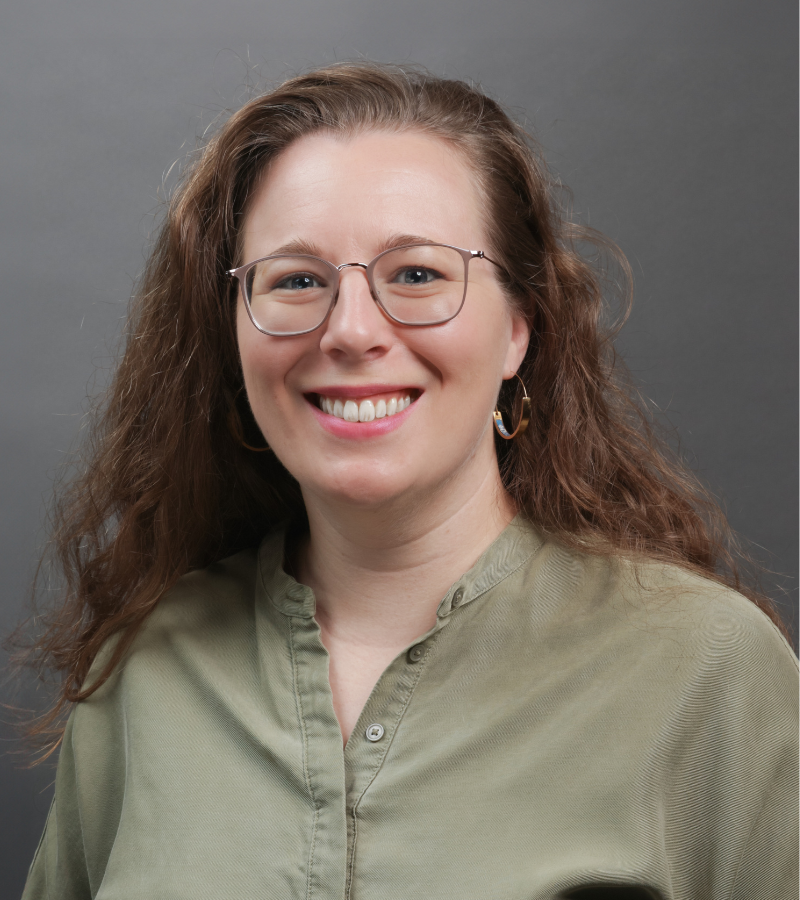
In this column, we offer reflections from ACA staff members—what we are reading, what we are thinking about, how we address the balance between our work lives and our creative lives (and the points at which those intersect). We asked Claudia Nolan, who manages our grantmaking and consortia partnerships, to share what she was reading.
As an undergrad history major and current theater practitioner who does a fair amount of site-specific work, the term “landscapes” brings up so many things for me. I think about Yi-Fu Tuan’s humanistic geography and ideas about Space and Place, and the resilience and symbiosis of fungi (and humans!) in Anna Lowenhaupt Tsing’s The Mushroom at the End of the World.
However, as someone who can often be overly analytical and in my head, I have really been appreciating the work of authors who center the personal: their visceral and lived experiences. I recently finished Melissa Febos’ Body Work: The Radical Power of Personal Narrative. While ostensibly a craft book on writing memoirs, she weaves in her own experiences as guidance and examples.
Febos asks hard questions and deliberately leaves many of them open-ended, forcing me as reader to sit with the discomfort and uncertainty. She writes with raw frankness about her body and her desires—the good, the bad, the ambivalent. She talks about the importance of iteration, vulnerability, and truth (with oneself and one’s readers) as essential to the process. There is a difference between gory details for shock value and carefully sharing specific sensual elements of your memory of an experience to encapsulate the full context of a moment. Memoir has an element of confession to it, and Febos models that for her readers again and again.
I think part of the reason this book so strongly resonated for me is that it discusses the very human desire to make sense of things, and create a compelling and coherent narrative. That is part of why I gravitated toward history and theater—they are both about telling stories. But what Febos helped me to tease out a little further (and an idea first presented to me in The Landscape of History from a very different, for me life-altering, perspective) is that we can only tell stories that make sense when we CHOOSE what elements we are going to include, and what we exclude. We try to represent that which we can never recreate.
Memoir and history (and I would argue most stories) can only be told looking backward; it is impossible, and arguably unhelpful, to try to predict the future. But our lens, our positionality, matters. It is not incidental, it is central to the story. I had a professor in graduate school—the inimitable Dr. Priscilla Page—who reminded me that “research is a creative practice.” What I bring to the table matters, in no small part because it is unique to me and the way that I see and live in the world. Complexity is inherently part of our experience, and indeed how the world functions.
Landscapes change over time, and they alter depending on where and when one is standing, how one is feeling, etc. Our body and memories too, are landscapes. And the personal is political—it is called the “body politic” after all.

Claudia Nolan is a dramaturg and theater-maker particularly interested in new play development, as well as multicultural and international theater. She received her MFA in Dramaturgy at the University of Massachusetts Amherst, where her thesis focused on cross-cultural fairytales and the importance of place in performance. She has worked at Geva Theatre Center, Premiere Stages, McCarter Theatre, New Georges, HERE, MuCCC, and Bread and Water Theatre. She currently works with The Classics Company and the Artist Communities Alliance. |
We’d love to hear from you. Send your questions or reflections to ebasada@artistcommunities.org for a chance to be featured in an upcoming issue of our newsletter, Waypoints.
